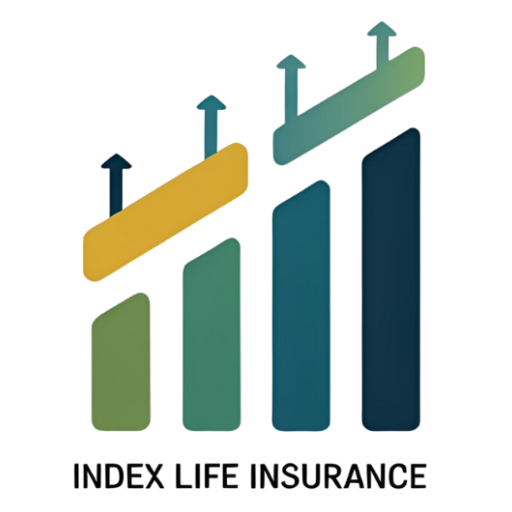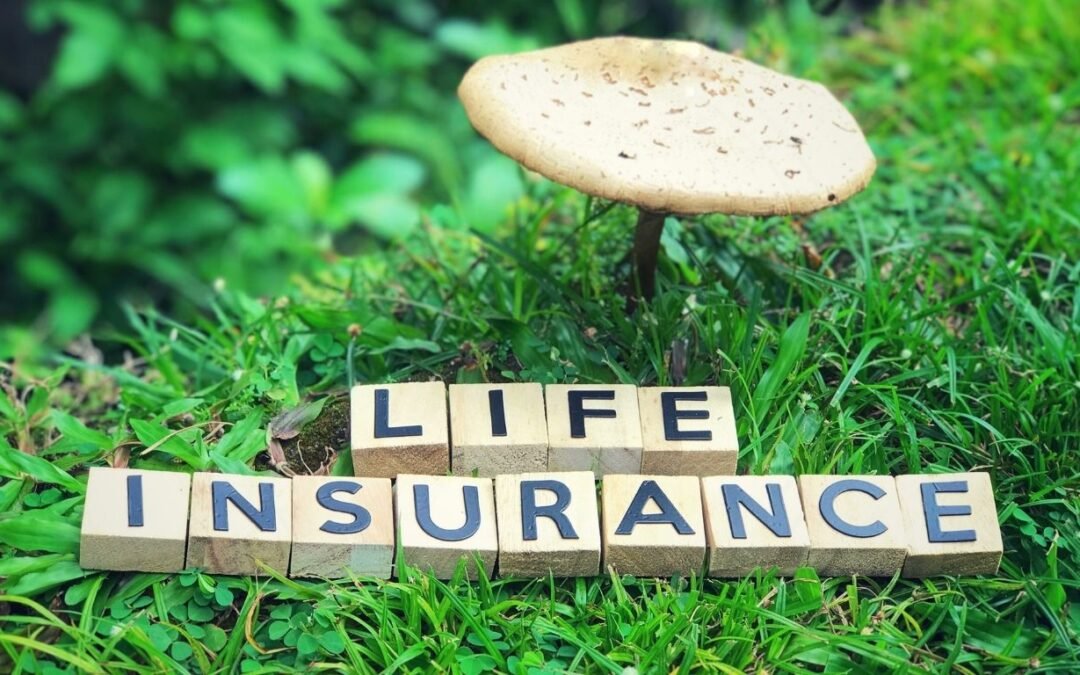When we think about debt collection, we typically imagine persistent phone calls, legal notices, or aggressive attempts to recover overdue balances. But when it comes to life insurance, especially cash-value policies like Indexed Universal Life (IUL), the relationship between debt and insurance is more complex—and often misunderstood.
This article explores how debt collection can affect life insurance proceeds, what happens if you owe creditors, and how your policy’s cash value and death benefit are (or aren’t) protected. Whether you’re a policyholder, beneficiary, or estate planner, understanding the intersection of life insurance and debt is critical to ensuring your financial intentions are fulfilled.
Can Debt Collectors Go After Life Insurance Payouts?
In most cases, life insurance proceeds are protected from debt collectors, provided a named beneficiary is in place. Here’s how it typically breaks down:
- If there’s a living, named beneficiary: The payout goes directly to them and bypasses probate. Creditors of the deceased cannot touch it.
- If the beneficiary is the estate: The death benefit becomes part of the estate and may be subject to claims by creditors through probate court.
- If there’s no living beneficiary: Same as above—payout enters probate and can be accessed by debt collectors.
Key takeaway: To shield life insurance proceeds from debt collection, always ensure there is a current, living, named beneficiary—preferably someone other than your estate.
What Happens to Policy Loans and Internal Debts?
With IUL and other cash-value policies, debt can exist inside the policy in the form of policy loans. These are debts you’ve incurred against the policy’s cash value—but they are not collected by outside agencies. Instead:
- Loan balances reduce the available death benefit if not repaid
- Interest accumulates on outstanding loans annually
- Unmanaged loans can cause the policy to lapse if cash value is depleted
Example: If your IUL death benefit is $500,000 and you have a $75,000 policy loan at death, the insurer pays the beneficiary $425,000.
Policy loans are private and not subject to traditional debt collection—but they should still be managed carefully.
Can Creditors Garnish Cash Value While You’re Alive?
The answer depends on your state’s laws. Some states offer strong protections for life insurance cash value, while others allow creditors to access it under certain conditions.
States with Strong Protections:
- Florida: Full exemption of life insurance cash value from creditors
- Texas: Life insurance proceeds and cash value are fully protected
- New York: Offers generous exemptions, especially for policies owned by spouses or children
States with Weaker Protections:
In some states, creditors can pursue cash value if it’s considered a non-essential asset, particularly for judgments or lawsuits. Always consult a financial advisor or attorney familiar with your state’s laws to understand the exact level of protection.
What About Bankruptcy?
In bankruptcy cases, life insurance policies may be treated differently based on:
- Policy type: Term life offers no cash value and is usually excluded from asset lists
- Cash value: May be considered an asset if it exceeds state exemption limits
- Beneficiary status: Policies with named beneficiaries often escape liquidation
Federal bankruptcy exemptions (as of 2025) allow up to $15,000 in life insurance cash value to be exempt, though state laws may differ.
Planning Strategies to Avoid Debt Disruption
To protect your life insurance from potential debt interference, consider the following strategies:
- Keep beneficiaries up to date: Avoid naming your estate unless absolutely necessary
- Consider an irrevocable life insurance trust (ILIT): Offers creditor protection and estate tax benefits
- Avoid excessive policy loans: Manage your IUL loans to prevent erosion of benefits
- Explore state-specific protections: Some allow annuitization or trust structuring for maximum shield
What If You’re a Beneficiary With Debt?
If you’re the recipient of a life insurance payout and have personal debt, the answer again depends on the payout structure:
- Lump-sum direct benefit: Generally protected from creditors (unless deposited into a bank account that’s garnished)
- Through the estate: Vulnerable to estate creditors before you receive anything
- Structured settlements: More complex, but can be arranged to shield income from collection
Receiving life insurance funds while in debt requires careful management—consulting with an estate or asset protection attorney may be wise.
How IUL Policies Can Serve as Protected Wealth Vehicles
Many high-income individuals use IUL policies not only for tax-free retirement income, but also for asset protection planning. In states where cash value is protected from creditors, these policies offer:
- Tax-deferred growth of cash value
- Tax-free policy loans for liquidity
- Death benefit shielded from creditors with correct beneficiary setup
When properly structured, an IUL can act as both a protection tool and a wealth-building vehicle—even in the presence of outside debt risks.
Insurance Is a Shield—If You Use It Right
Debt collection can impact many aspects of financial life, but with life insurance, the rules are different. Proceeds are largely protected, internal loans are manageable, and proper policy structuring can ensure your coverage benefits your family—not your creditors.
If you’re managing debt or planning an estate, consult a licensed advisor to structure your policies and beneficiaries in a way that keeps your legacy secure—no matter what your liabilities look like today.
Smart Tip: Never name your estate as beneficiary unless part of an intentional trust strategy. It opens the door to debt collectors during probate.

